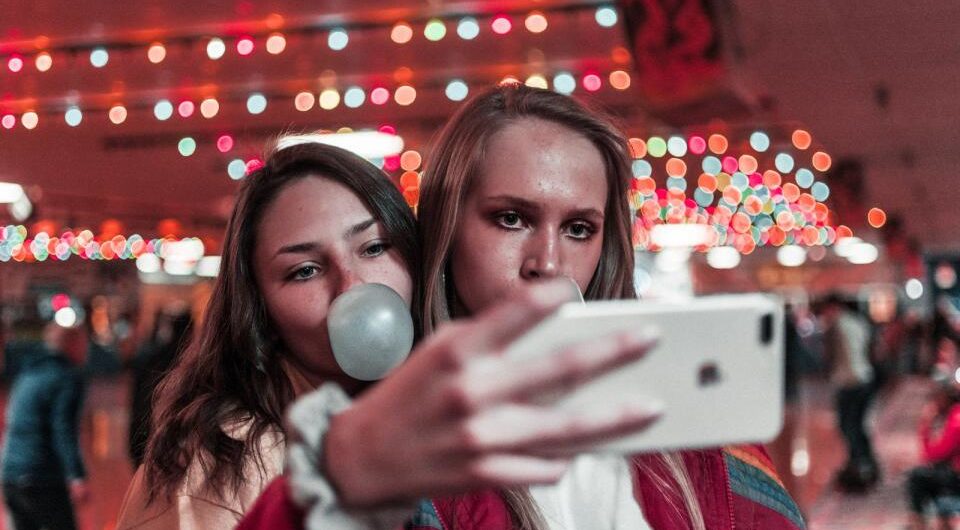If you are a regular social media user then you have probably had some kind of experience with beauty filters.
Whether it’s pouty lips, razor-sharp cheekbones or a pointy nose, filters have grown in popularity in the past couple of years.
Filters use augmented reality to show what your face and body would look like with drastic modifications.
Even though the use of filters seems harmless a new survey has warned that they have a negative impact on a third of social media users’ self-esteem.
While a quarter of them revealed that using filters has warped their perception of what they look like to the extent that they are shocked when they see unedited photos.
A fifth said they now no longer post photos on social media without using editing tools that get rid of wrinkles, spots and stretch marks.
Meanwhile, 37 per cent said they prefer their filtered face to their real face.
The survey, by Uvence, asked 2,069 social media users how they felt about filters on social media. The study comes after Norway announced a legislation that makes it illegal for influencers to post edited photos without declaring what they have done.
The widely applauded law will apply to promotional images on the most important social networks, such as Twitter and TikTok, as well as on the pages of newspapers, magazines and billboards across the country.
Cosmetic surgeon Dr Olivier Amar, chief marketing officer for Uvence, said, “Since the beginning of the pandemic, practitioners and surgeons in the cosmetic industry have noticed a spike in patient demand for treatments.
“This increasing interest is from existing patients as well as individuals who have never previously considered cosmetic procedures before.”
He added, “In consultations with patients, one of my main priorities is to ensure that they are seeking treatment for the right reasons.
“It is easy for us to become consumed by social media – whether that be through filters or by comparing ourselves to others – and so taking your time to decide whether surgery is right for you is very important.”
Beauty filters are mostly popular with millions of users on Snapchat, Instagram, and TikTok – but have come under fire for the damage they are doing to young people’s body confidence.
Research by the Girlguiding charity last year found half of girls aged 11 to 16 regularly use apps or filters to make themselves look better.
This has led to people calling out social media companies for promoting the use of filters.
Influencer Faye Dickinson is one of those people as she called on social media apps to ban photo filters or have an age restriction for over 18s only.
She told the Daily Mail, “The problem with these filters is you see a side of yourself with dramatic filters that don’t exist, which corresponds to an unnatural and inhuman ideal of beauty that you can now achieve with filters.
“It’s the unhealthy obsession we all have with that perfect look.”
She also uses her social media account to promote her ’Filter vs Reality’ and ’I am enough’ filters which use a split screen effect to show the difference between edited and unedited pictures.
“It’s easy to feel insecure, seeing how so much of the content we consume daily is filtered and photoshopped, and everyone looks picture-perfect,” Dickinson said.
“Don’t let these filters fool you; you’re unique, beautiful, strong, powerful, loved and worthy without any filter,“ she added.
Actress and model Jameela Jamil is also vocal about the negative effects of social media on people’s self-esteem and body image.
She recently posted, “Plastic surgeons say that kids, and now many adults bring in these filtered pictures of themselves and ask to be made to look like them.
“Remember that every second we spend distracted by unrealistic/damn near impossible beauty standards, are seconds we aren’t spending on developing our minds, happiness, careers and lives.”




